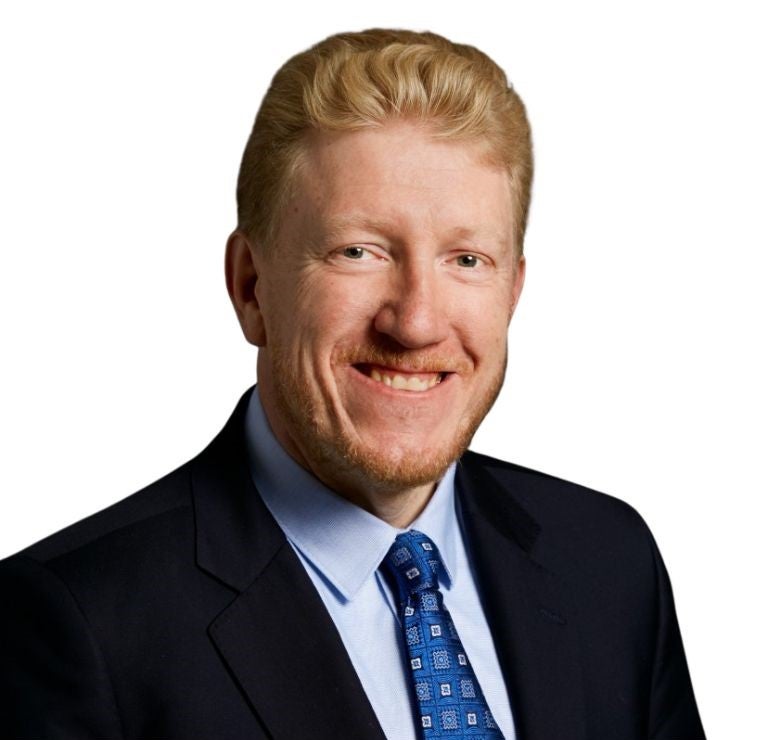Today, we return to the Trump Administration and its global energy and commodities policies. What is a continuation of the Biden Administration and what has the potential to profoundly impact and change the nature of commodities trading and the opportunities within it?
We discuss the Administration's policies surrounding Iran, surrounding Europe, Ukraine, Russia, China, critical minerals, as well as touching on some domestic policies.
Speaking to our host Paul Chapman on this episode is Robert “RJ” Johnston, Senior Research Director at the Center on Global Energy Policy at Columbia University.

Key Talent Takeaways
Talent Must Navigate a Fragmenting Global Trade System
The traditional model of seamless cross-border commodity flows is breaking down. From US tariffs on allies to destabilised WTO mechanisms, traders must operate within an increasingly bilateral and fragmented trade regime. This raises demand for professionals who can navigate non-standard terms, local regulatory environments, and sovereign counterparty risk, especially in markets like energy, grains, and metals.
Geopolitical Acumen Is Now Essential for Senior Traders
Commodity trading is increasingly shaped by geopolitical realignment — from US-Iran tensions to US-Russia rapprochement and China’s grip on minerals. Traders must now be able to interpret geopolitical risk as a market driver, anticipate sanctions, tariffs, and supply shocks, and respond strategically. Firms should prioritise talent with strong political risk literacy, particularly across LNG, crude, and metals flows.
Structural Shift from Spot to Term Markets Requires Contract-Savvy Traders
With trade volatility rising and counterparties demanding greater certainty, markets like LNG and critical minerals are shifting back toward long-term offtake agreements. Traders will need to be as comfortable with contract structuring, pricing models, and financing frameworks as they are with spot positioning. This calls for a new hybrid profile: commercial tacticians with legal and structured finance awareness.
Critical Mineral and Battery Metals Trading Needs Strategic Depth
As US-China tensions continue and both powers fight for access to battery supply chains, trading firms need individuals with deep domain expertise in lithium, cobalt, nickel, and rare earths. But it’s not just market knowledge — firms need traders who understand source-country dynamics, state-backed competitors, and ESG-linked resource nationalism, particularly in Africa and Latin America.
Risk Transfer and Currency Flexibility Are Becoming Core Skills
Dollar dominance is no longer a given. With sanctions and tariffs driving counterparties to experiment with non-USD settlements, including stable coins, and financial flows becoming politicised, traders must be adept at managing currency exposure, understanding alternative payment structures, and securing cross-border risk transfer mechanisms. Firms should upskill teams in FX risk and new trade finance instruments.
HC Group is a global search firm dedicated to the energy and commodities markets.
Explore the full HC Commodities Podcast archive



